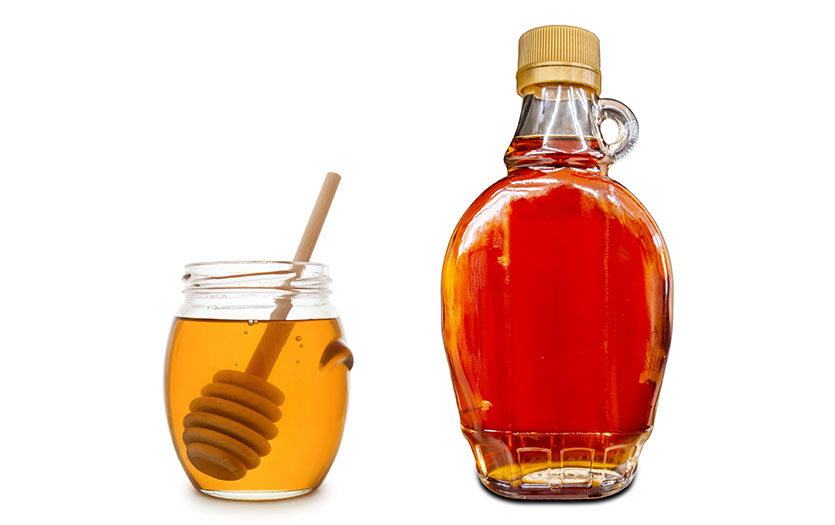For those working toward heart-healthy eating, Sarah Mohrman, RDN, MA, LD, program coordinator, Parkview Heart Institute, has some helpful guidance regarding fats and oils.
Ideal choice
In most instances, the healthiest oil is extra-virgin olive oil, a main component in the top-ranked diet, the Mediterranean diet. This option has anti-inflammatory properties and is high in monounsaturated fats. Just a small amount, about 2 tablespoons, can decrease an individual’s risk of heart disease and stroke.
If you are cooking at a temperature above 400 degrees, opt for one of these oils:
- Avocado
- Canola
- Sesame
- Peanut
Oils to avoid
Patients at the Parkview Heart Institute also ask about popular fats like margarine, butter, coconut oil and plant-based butter.
Keep in mind that anything that turns into a solid form at room temperature is typically high in saturated fat. Coconut oil, as an example, is 90% saturated fat, which builds up in artery walls to cause plaque formation. Butter has a very concentrated amount of saturated fat, with 7g in just 1 tablespoon. Most people should only be getting about 13g of saturated fat per day. Margarine, particularly in stick form, is high in trans fats, which is bad for cholesterol.
Smart cooking
We should all be mindful of our fat intake, limiting our consumption of all varieties, including those considered healthy. A simple way to do this is by utilizing healthy cooking methods, including:
- Air frying
- Sauteing with water or low-sodium vegetable broth, rather than oil
- Roasting at a high temperature
Remember, a little extra-virgin olive oil is the ideal choice for heart health. If you have questions about your nutrition, be sure to speak with your provider and get connected with a dietitian who can help.




